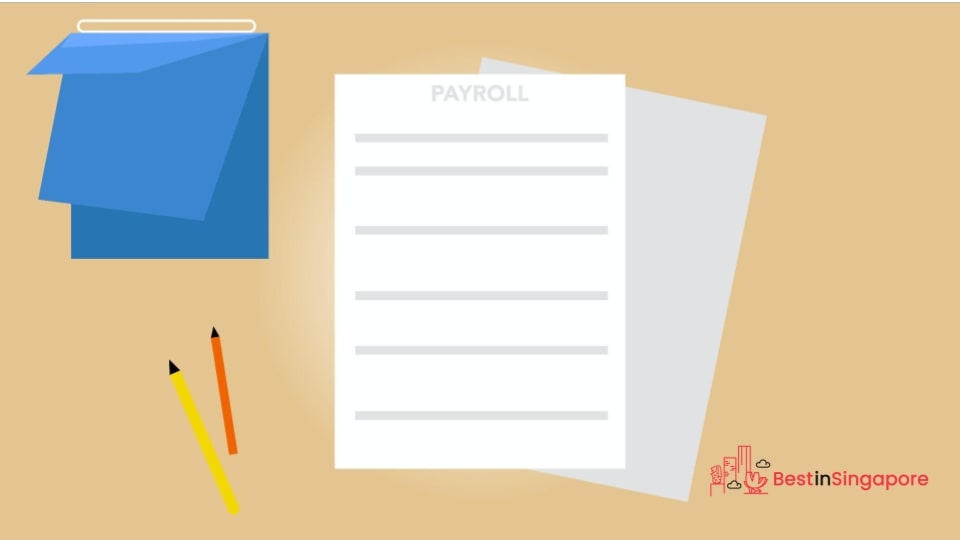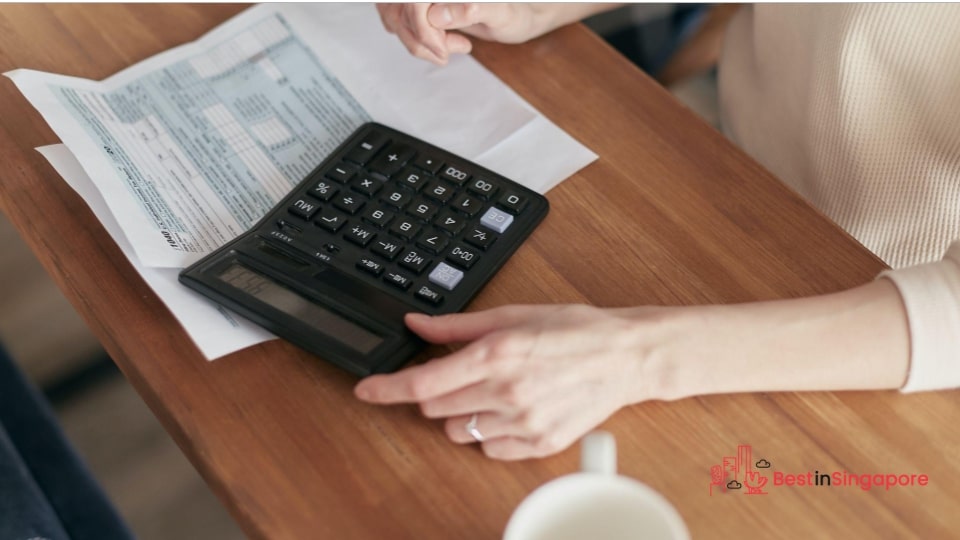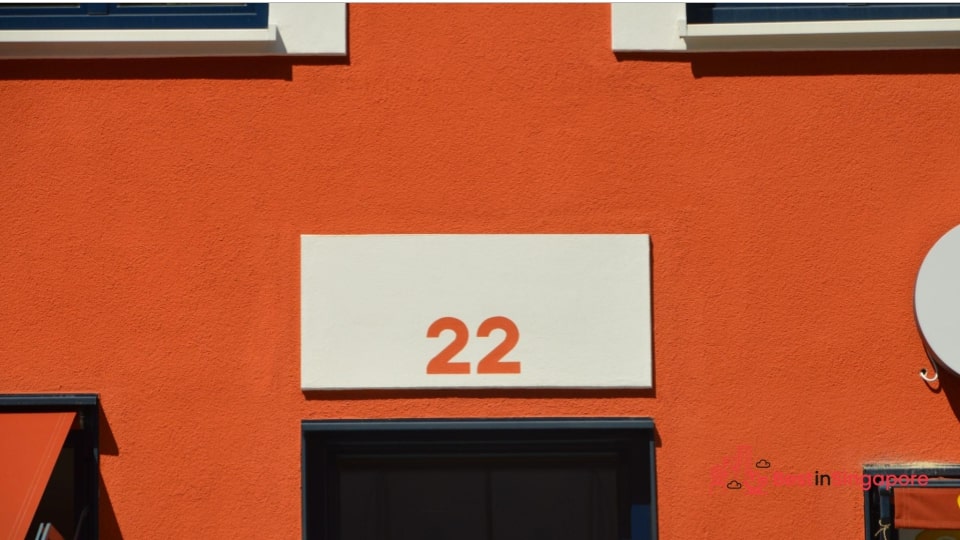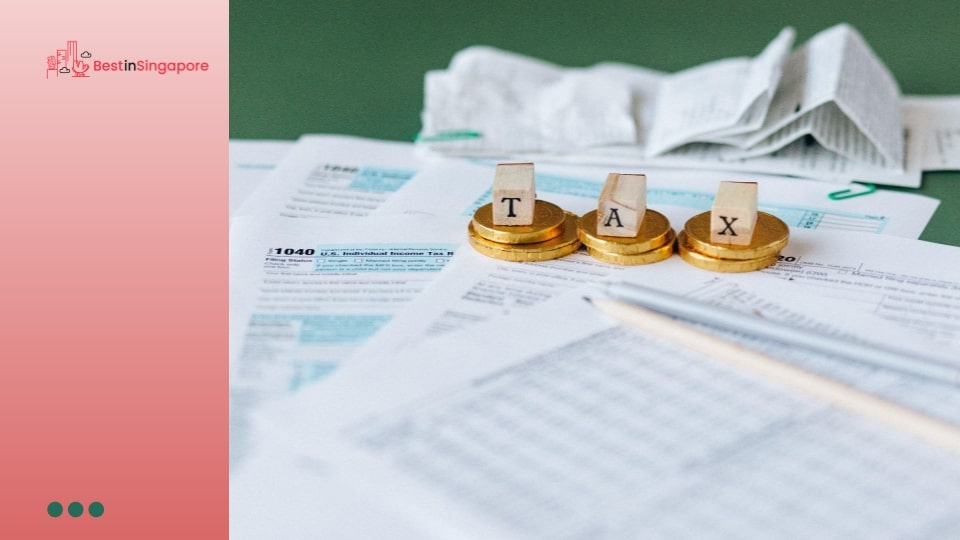Singapore Income Tax Guide: Things You Need to Know
There’s a good reason why foreigners and locals consider Singapore as one of the best places to establish or buy a business. Aside from having a strategic location, the nation also has an attractive tax system.
Today’s post will talk about income tax and how the tax system works. It’s a simple guide that can hopefully keep you from worrying about debt collectors and other consequences.
Personal tax is based on a progressive structure

Surprisingly, Singapore has one of the lowest personal income tax rates in the entire world. That’s because it’s based on a structure that’s more progressive than having taxpayers pay a flat rate.
The higher the income, the bigger the income tax percentage is expected to be paid. For Singapore residents, the progressive tax rate starts at 0% and ends at 22%.
The Inland Revenue Authority of Singapore has a basic tax guide for new individual taxpayers. It’s quite helpful in breaking down essential information on everything from tax deductions to knowing which digital tax services are available.
Tax-savvy tip: If you aren’t too sure about the basics of income tax, don’t hesitate to approach reliable tax consultants in Singapore.
There’s no inheritance tax

Singapore doesn’t have an inheritance tax or capital gains tax. Estate Duty was abolished way back in 2008.
This move has encouraged people with massive wealth to invest in and move their assets to Singapore’s private banks and other investments.
So if someone has left you assets in their will, don’t fret about paying through the nose for an inheritance tax on them. The bottom line is that you aren’t required to.
Tax-savvy tip: A good financial advisor can help you with concerns about inherited properties.
Only income earned in Singapore is taxed

With a few exceptions, any income you earn outside of Singapore as an individual won’t be subject to taxation. Only the income you earn in the country will be taxed as mandated by its territorial taxation scheme.
Tax-savvy tip: Not sure about income-related taxes at work? Have a chat with your payroll officer for guidance.
1. Non-Taxable Incomes in Singapore

You won’t be taxed on the following income:
✖ Sales from fixed assets
✖ Earnings from foreign-sourced services, including profits from branches
✖ Any overseas earnings sent over to Singapore after January 1, 2004
2. Taxable Incomes in Singapore

You will be taxed on the following income:
✔ Employment income, including your salaries, commissions, bonuses, talent fees, pension, and retirement benefits
✔ Government grant incomes
✔ Self-employed income, including earnings from a partnership or as an individual and any virtual currency
✔ Property or investment income from rent and other earnings from investment interests
✔ All supplementary earnings from royalties, premiums, winnings, and others
Individual tax filing is on April 15 of each year

As an eligible taxpayer, it’s your duty to file your tax return to the Singapore tax authorities on April 15 of every year. All forms must be completed before submission.
Tax-savvy tip: If your annual income is less than S$20,000, you won’t need to pay tax but will still have to file returns and declare zero income.
Are there special circumstances when you can file beyond April 15?
There are permissible reasons for filing your tax return beyond April 15. However, IRAS has to receive the request by March 31 with all corresponding income information and reasons for the extension application.
Failing to file a tax return for two years or more will be strictly dealt with by the legal system. You could be issued a warrant of arrest, summoned to Court, required to pay an estimated tax amount immediately or pay a stiff penalty.
Filing personal income tax rates starts at a S$20,000 annual income

If your annual income is at least S$20,000, you are required to file tax returns on a yearly basis.
If it’s below that or you haven’t had income in previous years, you might still need to declare your income as zero and submit your tax form by April 15.
You can file online or by post, though e-filing is required to be accomplished by April 18. Non-filing or late filing will be subjected to penalties or legal action by the IRAS.
Tax-savvy tip: Consult a good bankruptcy lawyer ASAP if you can’t pay taxes due to incurred debts.
Personal Income Tax Rates for Residents

To find the tax rate applicable to you, find your annual income in the table below. These are the 2023 resident tax rates according to the IRAS.
How can Singapore residents compute their personal tax?
To help you compute your tax payable, let’s take a look at a sample computation below. Please note that the tax rate changes based on your yearly income.
In this example, the person is a resident with a yearly income of S$85,200.
- Take a look at the personal income tax table from the IRAS (which we provided above) to see the applicable tax bracket and the corresponding tax rate.
You’ll find that the applicable tax bracket is the fourth (which starts at S$80,000) and the corresponding tax rate is 11.5%.
Gross tax payable on the first $80,000 = S$3,350
Tax rate for the next S$40,000 = 11.5%
- Take the leftover amount (S$85,200 – S$80,000) and multiply it by the tax rate indicated in the table (11.5%).
Leftover amount = S$85,200 – S$80,000 = S$5,200
$5,200 x 11.5% = S$598
- Add the two values above to get the gross tax payable.
Gross tax payable = S$3,350 + S$598 = S$3,948
It’s an easy enough computation that will not require professional accounting. However, you might need help with escalating rates as your income goes higher.
Tax-savvy tip: Have trouble with balancing books? Read our year-end accounting guide for some tips.
What is personal tax like for Singapore non-residents?

For Singapore non-residents, income tax will depend on the individual’s tax residency status. So if you’re a foreigner starting a business, take note of this table.
Tax-savvy tip: Need some financial boost? Get to know some of the best personal loans for foreigners in Singapore.
1. The 183-Day Tax Rule

Foreigners who have worked or stayed in Singapore for less than 183 days (within the tax year) are considered non-residents. If you’ve been in Singapore between 61 and 182 days a year, you’ll be exempted from income tax.
You will therefore be taxed based on your type of income and withholding or individual tax rate. Here’s a checklist to guide you on non-resident tax rates:
✔ The type of income from the director’s remuneration has a withholding/individual tax rate of 22%.
✔ The type of income derived from non-resident professional activities (as a consultant, trainer, etc.) will be taxed at 15% of gross income or 22% of net income, and a 10% concessionary rate.
✔ Other income streams from Singapore properties (rentals, etc.) have a withholding tax of 22%.
✔ Income from interests and royalties have a reduced final withholding tax rate. Interests come at 15%, while royalties are at 10%.
✔ Income derived from pension also has a tax rate of 22%.
Please note that tax rates for consultation fees, director’s fees, and other remuneration will fall between 15% and 22%.
2. The Flat Tax Rate for Non-Residents

If you’re a non-resident of Singapore earning non-employment income (for example, you earn by receiving rental payments and pension), you’ll be taxed at a flat rate of 22%. Come the year of assessment 2024, the rate will increase to 24%.
Short-term employment as a foreigner (60 days or less a year) exempts you from employment income. But this exemption won’t hold if you’re a company director, publicly entertain, or are considered a professional by Singapore standards.
Please note that if you’re a consultant, trainer, coach, foreign expert, or special counsel, you’ll be considered a professional.
What are some income tax reliefs for Singapore tax residents?

There are income tax reliefs for both local and foreign tax residents of Singapore. They are just another example of the nation’s progressive income tax rates courtesy of the government.
The amount of relief depends a lot on the type of income and qualifying conditions for it. Here’s a checklist of personal tax reliefs.
✔ Based on your earned income, you can have a S$1,000 tax relief if you’re below 55 years old, a S$6,000 tax relief if you’re 55 to 59 years old, and an S$8,000 tax relief if you’re 60 years old and above.
✔ If your spouse is living with you and you support them because they don’t have an annual income beyond S$4,000 in the previous year, you can have a S$2,000 tax relief.
The same holds for alimony paid to a divorced or legally separated spouse in the previous year.
✔ If you support a handicapped spouse you can have a S$5,500 tax relief.
✔ You can have tax relief of S$4,000 per child that meets claims for qualifying child relief (QCR) or handicapped child relief (HCR). However, there are strict conditions before these claims can be met.
✔ If your child is physically or mentally handicapped, your approved HCR claim can result in a S$7,500 tax relief.
✔ If your parents or your spouse’s parents, grandparents, or great-grandparents are staying with you and you’re supporting them, you can have a tax relief of S$9,000. Again, strict conditions need to be met first.
✔ Handicapped parents who are supported by and living with you can mean anywhere between S$10,000 and S$14,000.
✔ If your employment has required you to take an approved professional or academic course, class, training, or workshop, your actual course fees can be paid a maximum of S$5,500 a year.
✔ A foreign maid levy is possible on several conditions:
- Approval from the Ministry of Manpower
- You are married or living with your husband in the previous year
- You are married but your husband wasn’t a Singapore resident in the previous year
- You are widowed, separated, or divorced from your husband but your children live with you, thus you can claim child relief.
✔ If your life insurance meets strict conditions, thereby allowing a maximum of S$5,000 tax relief. Insurance premiums for policies on children’s life assurance, medical, and investment are ineligible for personal tax relief.
Other circumstances can apply, so we suggest consulting your insurance agent about them.
What happens if you disagree with the Notice of Assessment amount?

Between May and September, you’ll be sent your tax bill after filing your returns. This Notice of Assessment gives you the total tax amount you’re required to pay.
If for any reason, you disagree with the amount indicated, you have to inform the Singapore tax authority about it. But it’s important to note that your objection should be known within 30 days from the issuance of your tax bill.
For this purpose, you have to file your Form B1 ASAP. Expect to be given a revised tax assessment, after which you can be refunded for any excess taxation.
Tax-savvy tip: Should you fail to pay the Notice of Assessment amount in full, you’ll be subjected to penalties.


